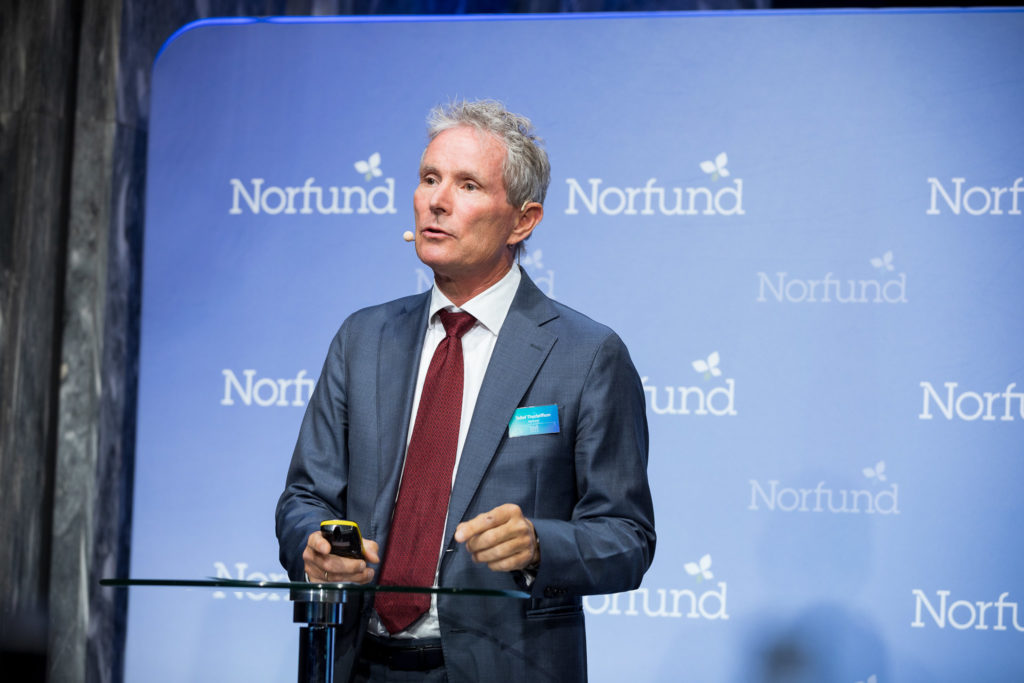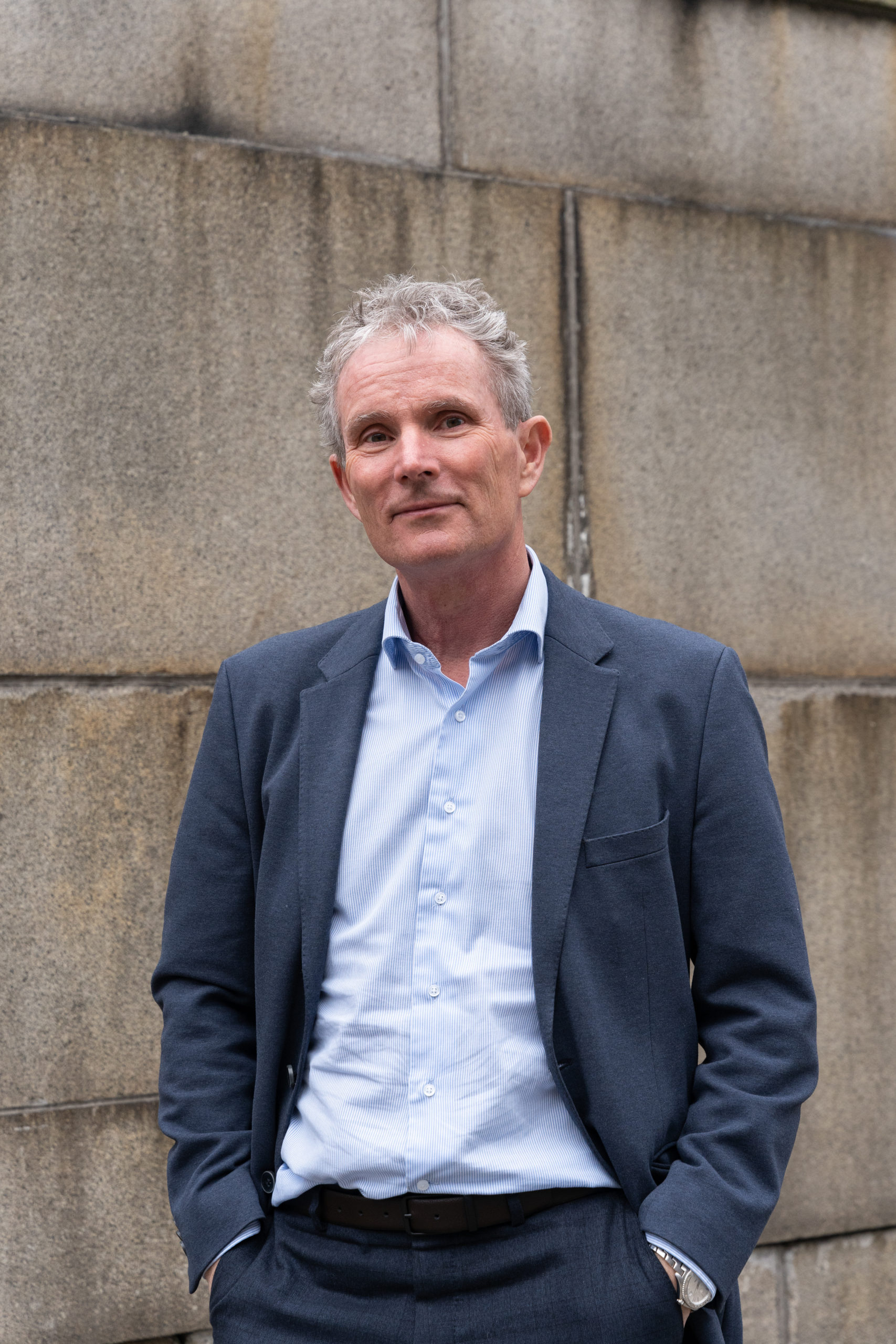March 1, 2023
Norfund increased its investments in developing countries by over 20% to a record high 6.5 billion NOK in 2022.

“We are proud of the increased contributions we have made to creating jobs, fighting poverty, and avoiding emissions, in a time when many others are pulling capital out of the world’s poorest countries despite needs there being greater than ever.”
Tellef Thorleifsson, Norfund CEO
Investments had also previously increased during the pandemic in 2021 and 2020, with 10% and 20% respectively.
Norfund has received 1.68 billion NOK from the Norwegian state development budget over the last two years, with the aim of creating jobs through investment in sustainable businesses in developing countries. In 2022 Norfund also received an additional 1 billion NOK for the first time through the new Climate Investment Fund, matching 1 billion from Norfund’s own capital.
However, Norfund invested almost 2.5 times the total amount transferred.

“We see that we can make a difference by investing the money we receive through the state budget, instead of giving it away. With returns on our investments, and eventually exits, we can use the money many times over to continue fighting poverty and climate change.”
Tellef thorleifsson, Norfund CEO
The new Climate Investment Fund is Norway’s most important tool in accelerating the global energy transition by investing in renewable energy in developing countries with large emissions from coal and other fossil power production. The fund became operative in May 2022. Norfund rapidly invested just under 2 billion NOK.
Just over 1 billion was invested in various energy projects, 1.8 billion was invested in businesses related to financial inclusion, and the rest went to businesses in agriculture, industry, and infrastructure.
“We are satisfied with having increased our investments significantly through three years with a pandemic and now the ripple effects of the war in Ukraine. These events have made it especially difficult for developing countries to attract the capital needed to create jobs and escape poverty,” says Thorleifsson.
New challenges – and new opportunities
Norfund made several investments throughout the last year related to local food production.
“Increased food prices as a result of the war in Ukraine is an enormous challenge, but increased import prices also open up new opportunities to instead build up local production,” says Thorleifsson.
A combination of a difficult business environment and increased interest rates have led to investments in developing countries stalling again, despite an initial hope for recovery post-pandemic.
Increased subsidies to renewable energy in the West, with the USA’s Inflation Reduction Act at the forefront, have also made investors less willing to prioritize energy investments in developing countries.
“We see an increasing need for renewable energy investments in the priority markets of the Climate Investment Fund, and we are able to contribute efficiently to avoid large scale emissions,” says Thorleifsson.